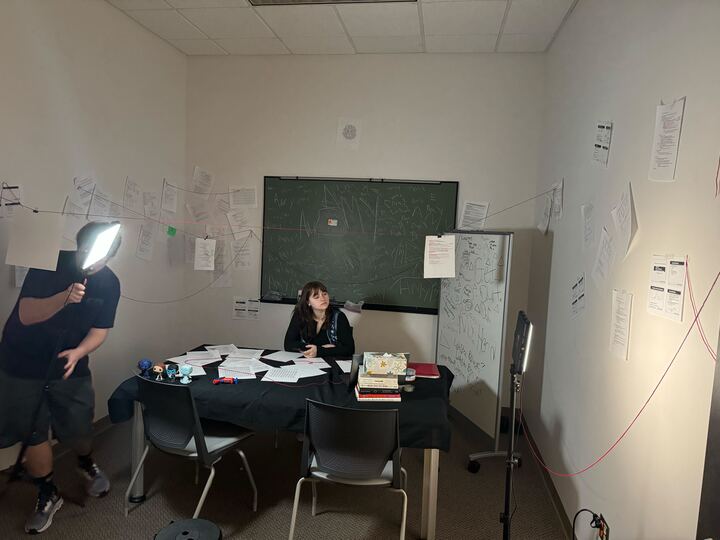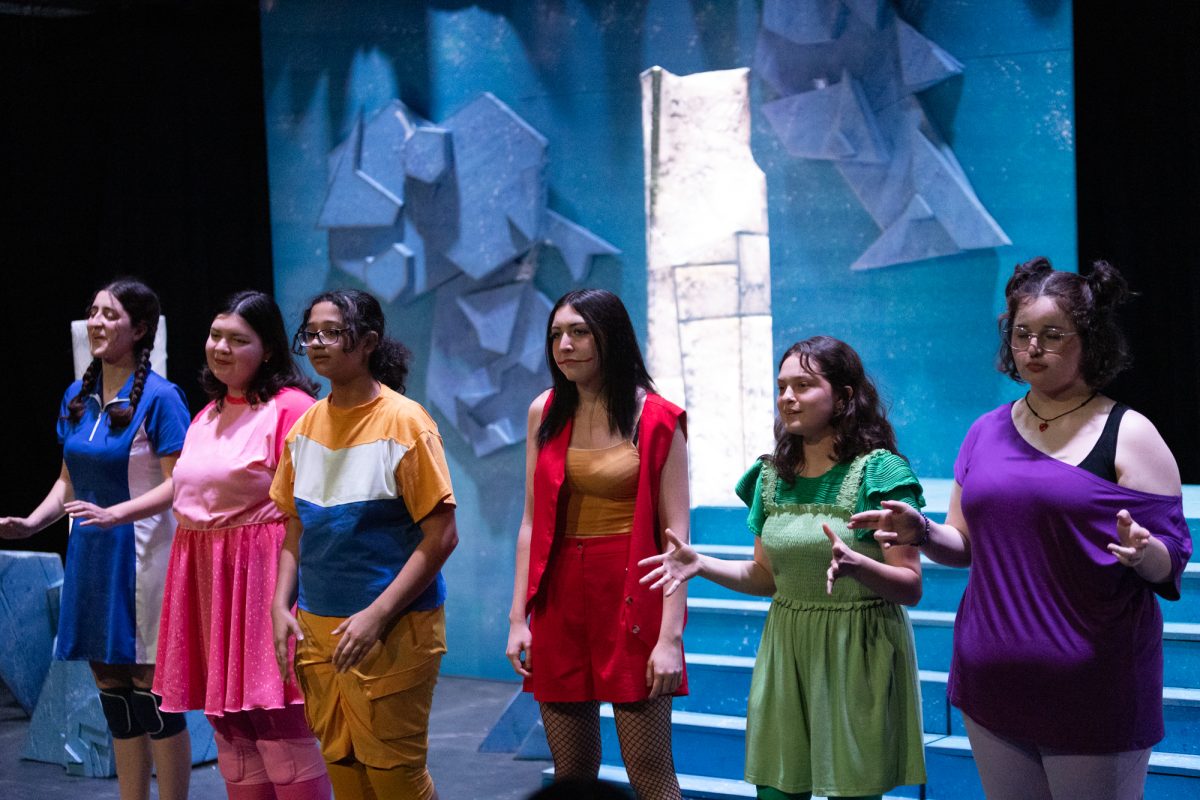In the 1990s, a video game phenomenon with Japanese roots sprung out of a red-and-white ball and into the homes of many children and adolescents. Twenty years later, it’s still going strong.
The operators of Twitch.tv, an online video game platform and community, created on Feb. 13 an emulated game of Pok?mon Red/Blue that, for the past two weeks, has invaded thousands of computer screens, instilling not only nostalgia, but also a widespread Internet sensation that tests people’s ability to collaborate on completing a task.
According to Twitch, the game had nearly 74,000 online players, 29 million total views and nearly 49,000 people who were watching as of Tuesday.
Kaitlin Forks, sophomore wildlife and fisheries sciences major, said she has been playing Pok?mon “religiously” since she was a child and said this game “wins nostalgia points.” She said she’s played live games before, but never with such a large magnitude of people.
“I’m sure if they picked any other game it probably wouldn’t be as popular,” Forks said. “I think it’s a combination of simple gameplay, especially the originality of it – the idea of having a single game where so many people play at once.”
Parker Allen, senior technology management major, said there were many more people watching the game and waiting to see what happens than actually playing it.
“I think [it’s been] more for entertainment because there’s already so many people playing it that more people feel like they couldn’t really effect the game at all,” Allen said. “Half the people really want to get the game finished and complete and do it well, and the other half just want to mess it up for everybody else.”
The game operates as a series of inputs on a live chat to effectively move the main character.
He said the game currently relies on a voting system that sends the game into two different modes.
“It can either be in democracy or anarchy,” Allen said. “And when people collectively vote for democracy the game will take a vote for each move that the character makes as opposed to anarchy, where it takes every input and more or less selects them at random,” Allen said.
Taylor Scott, senior microbiology major, said the game did not originally have the different modes of anarchy and democracy, but because of the difficulty of the game it was changed. He said a lot of people didn’t like that new aspect of the game and even organized a kind of “filibuster” against it at one point.
“That was so amazing,” Scott said. “The people who were against it all unified and voted for ‘start’ so that command kept winning and the game could not progress, because they were always in the start menu.”
Scott said he thought one of the most interesting aspects of the game was seeing the “social experiment” aspect that has manifested.
“Whenever you have that many people doing something together it’s kind of cool to see how behaviors just kind of pick up,” Scott said. “There has been a Google doc that has been constantly updated by players who are trying to beat the game. There’s a mission and goal and strategies on how to best input commands and conversation going on [about] how to best stick out the game.”
Scott said the game has created spinoff elements, like Internet memes and trending phrases.
“At one point in the game, three or four days [in], people just kept repeatedly kept checking this item called the ‘helix fossil,'” Scott said. “People started putting in the comments, ‘Helix is our god.’ They made a joke, ‘Helix is the one god,’ ‘We are looking for guidance,’ and that kind of stuff blew up on Reddit. There’s angelic paintings of like angels and demons and pictures of stuff in the game, and that’s what’s been making the game so popular – because it’s really funny.”
Pokemon Anarchy
February 25, 2014

0
Donate to The Battalion
Your donation will support the student journalists of Texas A&M University - College Station. Your contribution will allow us to purchase equipment and cover our annual website hosting costs.








